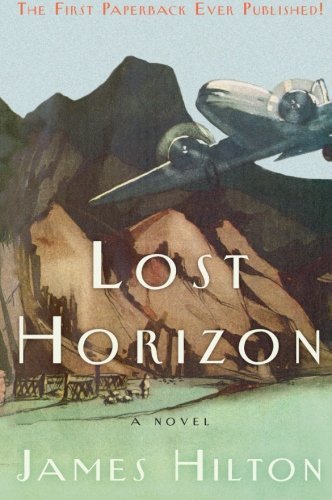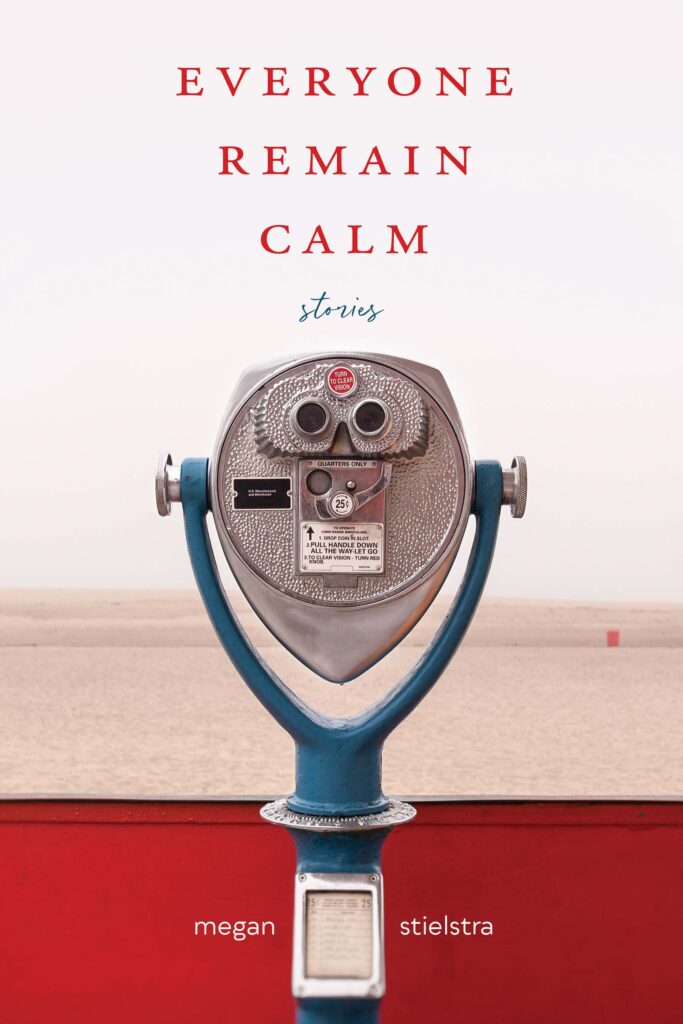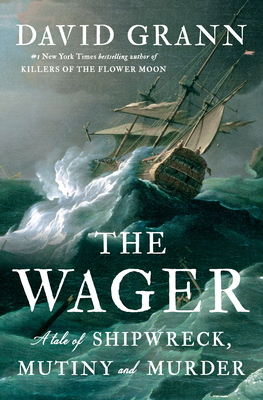Concrete by Thomas Bernhard is a short novel I picked up in Vienna last year when I went into an English-language bookshop and asked for a recommendation of a book by an Austrian writer. I’d heard of Bernhard, but don’t recall if I’ve read anything else by him. This was a quick read, written in a conversational, stream-of-consciousness voice. The narrator is Rudolf, an easily distracted musicologist who hasn’t accomplished anything and feels he has much to complain about. Formerly resident in Vienna, where his sister lives now, in the course of these ramblings he decides to leave his rural Austrian home to return to Palma, Mallorca, where he has been many times. When he gets there, he recalls getting tangentially involved in the personal tragedy of a German woman he once met there. A lot is being said here, and I think writers will especially appreciate the difficulty Rudolf has in getting started on his latest project for which he has spent the last ten years gathering materials. While the novel flows easily, it is written as one long paragraph, which is challenging.
Lost Horizon by James Hilton is one of those books I suppose I thought I had already read. Published in 1933, it by now is something of a cult classic. The frame of the book is that a couple of Brits meet up and are chatting about this fellow Hugh Conway, a member of the Diplomatic Service whom they both knew some time ago. One of the men has an astonishing story to tell that Conway told him about the plane he’d been on that was hijacked to a remote Tibetan valley where he and his companions were invited to stay at Shangri-la, a mysterious lamasery. The tale becomes increasingly unbelievable and in the end, the two men have to decide what Conway’s credibility might be, given that he suffered terribly in the war. I listened to an audio version of the book but also had a paperback from the library for reference. I’m very glad I finally managed to read it.
Everyone Remain Calm: Stories by Megan Stielstra. This story collection feels very similar to an essay collection by this author I read recently, both of which were reprinted by a university press. While I can’t say the stories aren’t well done, I can say that I didn’t care for them much, and for the same reason, I didn’t much like the essays. The essays and the stories seem to feature young women who drink a lot, go to loud concerts, and have sex. Nothing wrong with any of those things, but I find myself wanting the work to do more, to be about more, and it doesn’t seem to be. Again, the writing is fine; it just isn’t for me, personally. Having said that, I did quite like the title story, about a girl who develops a fear of wind after her mother is killed in a tornado.
Nine Dragon Island by Eleanor Goodman is a collection of poetry by a poet who also translates poetry from Chinese. (I became aware of her because I attended a Zoom reading where she was promoting one of her translated collections that I have since read.) While the poems here don’t feel at all Chinese to me, the book design is Chinese—it’s divided into three sections that are labeled with the Chinese characters for 1, 2, and 3 (一,二,三), and the last section includes poems set in Hong Kong and China. The title of the book is a reference to the part of Hong Kong known as Kowloon, which means Nine Dragon (九龙). (Kowloon is a peninsula, though, not an island, unless viewed metaphorically, so I don’t quite get it.)
The Wager by David Grann is my book club’s selection for August, and I got a head start on it by listening to the audiobook in the car this month. The book is non-fiction about the shipwreck of a British naval vessel in 1741 off the coast of Chile. The ship was part of a group that was aiming to cause trouble for the Spanish fleet in a ridiculous conflict known as “The War of Jenkins’ Ear,” and got caught in the dangerous waters around Cape Horn. The castaways struggled to find food, and the chain of command eventually broke down, with many of the sailors rebelling against the captain. Years later, the survivors made it back to England, including the captain and the leader of the mutineers, and there was much finger-pointing and a court martial. It is an engaging story based on the journals of various participants in the saga. (The reading of the audiobook is overly dramatic, though.)
Sugar Street by Jonathan Dee is an odd, short book. (Dee was the chair of my thesis committee for my MFA program and also provided a wonderful blurb for my most recent book, Oliver’s Travels.) The unnamed narrator is fleeing from…something, and he’s attempting to lose/hide his identity along the way. So he avoids places where he might be photographed. He dumps his phone, his ID, and eventually, his car. He assumes a new name, although he doesn’t tell us what it is, and with the pile of cash he has—stolen, it seems—he rents a room in a town that also has no particular identity. The neighborhood where he has landed is reflective of a large part of America—angry people, refugees, brutal police. It doesn’t seem like there’s any way for his situation to end well. In some senses, this is a character study of a man who is struggling to let go of the most troubling parts of American life, but he can’t escape the feeling that he’s being watched and judged.







More great reading—thanks so much for sharing!